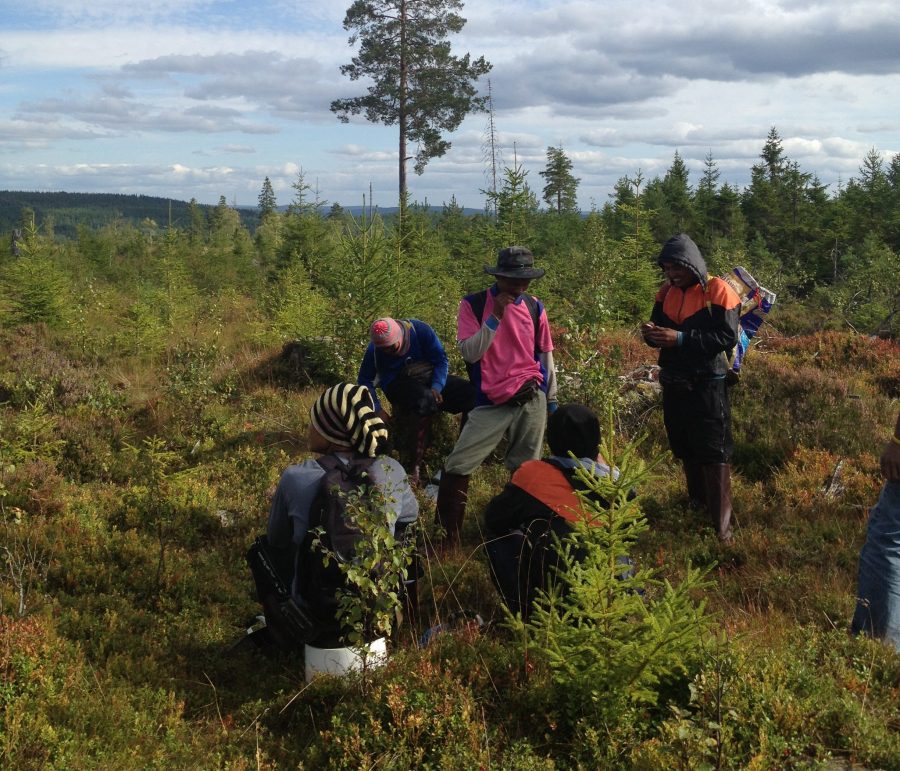Every year, thousands of workers arrive in Sweden from other countries to pick berries for Swedish suppliers. While these workers are crucial for the Swedish food industry and Swedish retailers, their working conditions were previously characterised by low wages and long working hours. In extreme cases, the workers were subjected to human trafficking, according to the non-profit Swedwatch which monitors business relations between Swedish companies and developing countries.

Corporations leading the way
Numerous steps have been taken in recent years to rectify the situation, and much of this effort was led by ICA, Sweden’s largest food retailer. The company had previously developed a tool for ensuring decent working conditions for workers hired by its suppliers in developing countries. Named ICA Social Audit, the tool stipulates a number of criteria that suppliers must meet. The criteria are based on ILO conventions, and audits are carried out by either ICA itself or by third parties. The tool also helps guide suppliers in how to improve working conditions.
In 2010, ICA started using the tool to audit its berry suppliers in Sweden. The tool later became an industry standard. Other companies pledged to follow the same criteria, including the country’s largest berry suppliers and second-largest supermarket chain. This widespread commitment has helped ensure that both producers and wholesalers follow the same criteria and are audited in a uniform way.
Concrete steps towards decent work
The commitment includes a list of shared criteria and a standardised auditing process, and requires sellers to ensure that social audits and other checks are carried out. The audits look at a number of factors: that workers are provided adequate living conditions, that working hours are documented, and that workers have received sufficient information before arriving in Sweden.
Many berry picking workers in Sweden are Thai and are hired by recruitment agencies in Thailand. As part of the new requirements, the workers are now informed of their rights and obligations in their own language before traveling to Sweden. Many companies also created manuals for their Thai berry workers and hold training sessions in Thailand. These sessions cover everything from Swedish labour law to practical information about working in Swedish forests.
Additional measures have included traceability requirements, where sellers must be able to show where their berries were picked. Private individuals must also identify themselves when selling berries to buyers, and the frequency of audits in Swedish forests have increased.
Monitoring and dealing with violations
If an audit reveals violations by a supplier, a detailed action plan is established and evaluated through a follow-up audit. First-time offenders typically get a second chance to rectify the problems. If the transgressions are repeated, the buyer will end its relationship with the supplier.
Size matters
The social audits have noted significant improvements over time, according to Swedwatch. Some smaller berry companies still disregard the industry standard, but that number continues to shrink. Large buyers like ICA have played a crucial role in improving working and living conditions for foreign berry workers, as they’ve used their size to drive sellers into following their requirements. In addition to this, ICA has also hosted dialogue meetings with other industry representatives and unions to further strengthen cooperation and improve working conditions.
Involved Global Deal Partners
